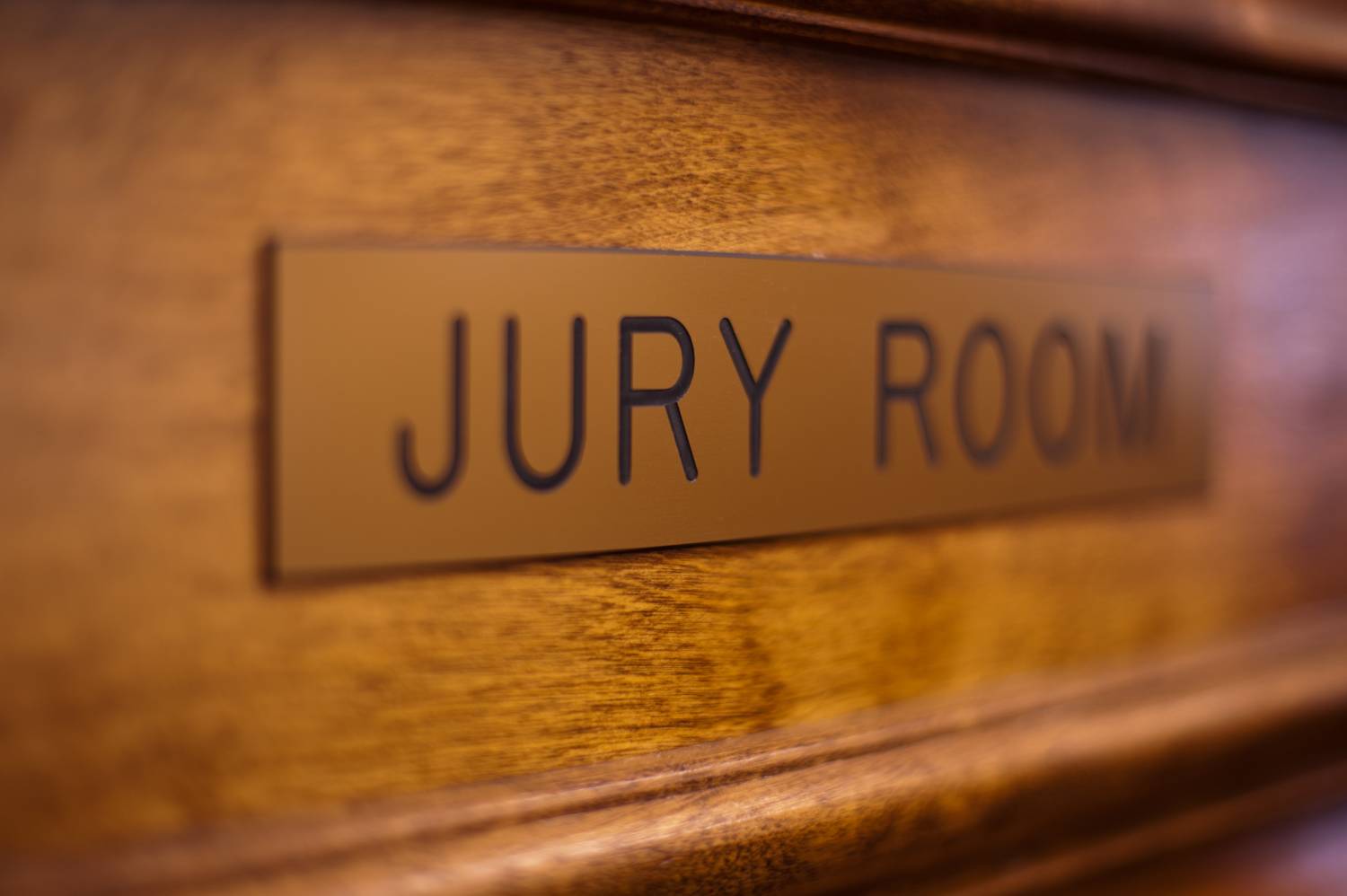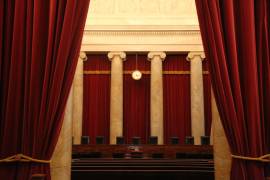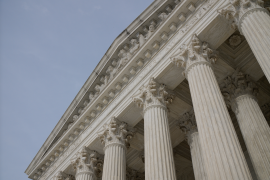This blog was co-authored by Eric Lesh, Lambda Legal's Fair Courts Project Director, and Richard Saenz, Lambda Legal's Criminal Justice and Police Misconduct Program Strategist.
This week, in Pena-Rodriguez v. Colorado, the U.S. Supreme Court ruled that racial bias in the jury room can violate a defendant’s right to a fair trial.
The ruling is a victory for fair courts and will help to address the widespread discrimination in the jury system that exists on multiple and intersecting fronts. The Sixth Amendment to the U.S. Constitution states, in part, “In all criminal prosecutions, the accused shall enjoy the right to a speedy and public trial, by an impartial jury…”
This right to an impartial jury is an LGBT issue.
In Pena-Rodriguez v. Colorado, the question before the Supreme Court was whether the usual rule that jury deliberations are secret can bar evidence of racial or ethnic bias when offered to prove a violation of the Sixth Amendment right to an impartial jury.
Federal and state courts are divided on whether the Sixth Amendment requires consideration of juror testimony that racial bias tainted deliberations. In this case, the defendant was convicted, after juror, an ex-law enforcement officer urged others to convict him “because he’s Mexican and Mexican men take whatever they want.”
Justice Anthony Kennedy wrote for the majority opinion, which acknowledged that the progress that the nation has made to overcome race-based discrimination “underlies the court's insistence that blatant racial prejudice is antithetical to the functioning of the jury system and must be confronted in egregious cases."
In so doing the Court held that the “constitutional rule that racial bias in the justice system must be addressed—including, in some instances, after the verdict has been entered—is necessary to prevent a systemic loss of confidence in jury verdicts, a confidence that is a central premise of the Sixth Amendment trial right.”
In dissent, Justice Samuel Alito wrote that the ruling represented “a startling development” that would intrude on a jurors’ privacy “and argued that it was a slippery-slope towards allowing further erosion of the no-impeachment rule in order to combat bias and prejudice in the jury system.
As with other groups targeted with invidious discrimination, far too often discrimination against LGBT people has found its way into the courthouse and the jury room.
This discrimination denies LGBT people of equal access to justice and an equal opportunity to participate in civic life.





